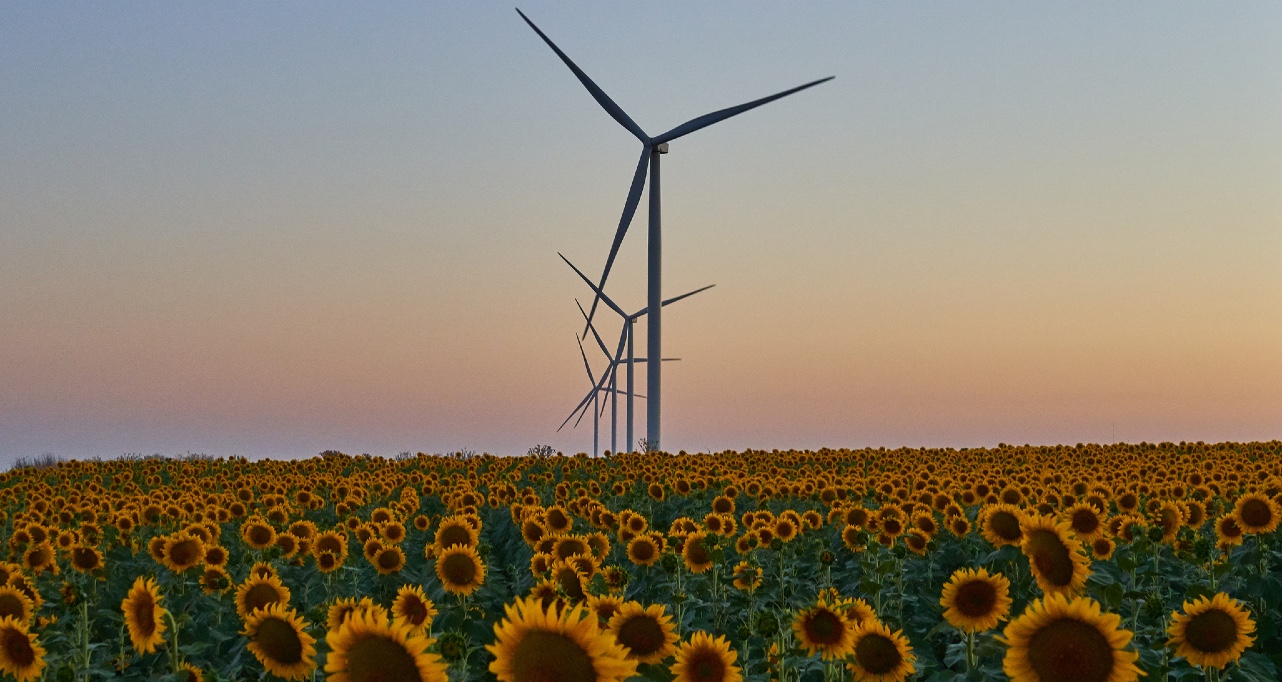Who we are
Overview: about the EBRDWho we are
Overview: about the EBRD
Our story
Learn about the EBRD's journey to investing more than €220 billion in over 7,800 projects.
- Our background and history
- Our organisation
- Our values
- Strategies, governance and compliance
- Project accountability
What we do
Overview: how the EBRD operatesWhat we do
Overview: how the EBRD operates
How we deliver systemic impact
Across three continents, the EBRD supports the transition to successful market economies.
- Where we work
- Products and services
- Sectors we work in
- Our projects
- Focus areas and initiatives
- Economic research
Work with us
Overview: how you can work with the EBRDWork with us
Overview: how you can work with the EBRD
What we offer for businesses
We draw on three decades of regional knowledge and financial expertise to tailor our products and approaches to each client's needs.
- Businesses
- Investors
- Donors
- Researchers
- Civil Society
- Alumni
- Nominee Directors
- Trade finance
- Careers
- EBRD, the European Commission and partners plan mechanism to accelerate Ukraine renewable energy investments
- Letters of intent signed at Ukraine Recovery Conference in Rome
- Once implemented, mechanism could mobilise €1.5 billion of investments for 1 GW capacity
The EBRD and development partners are developing a key mechanism to accelerate renewable energy investments in Ukraine that will deliver secure and clean energy. Ukraine urgently needs new generation capacity after Russian attacks have devastated the power sector, causing a significant deficit in generation capacity.
The Ukraine Renewable Energy Risk Mitigation Mechanism (URMM) was heralded at the Ukraine Recovery Conference (URC) in Rome when the EBRD, which is structuring and channelling donor funds to the mechanism, signed letters of intent with key donors – the European Union and The Netherlands – on moving forward.
Reflecting their shared commitment to supporting the development of the power sector in Ukraine, this initiative brings together the expertise of the EBRD, key donors, development partners (notably the International Finance Corporation (IFC) and the World Bank), and the Ukraine Donor Platform’s Business Advisory Council. Inputs from the EUEA (European Ukrainian Energy Agency), UWEA (Ukrainian Wind Energy Agency) and Green Deal Ukraïna also helped shape the initiative.
Once implemented, the mechanism is expected to support 1 GW of new renewable energy capacity, potentially mobilising €1.5 billion in investments.
Fundraising among donors has already started and will accelerate. The European Union has approved €180 million to support the mechanism under its Ukraine Investment Framework (UIF) and The Netherlands aims to provide grants of €12 million. Germany, Norway, Sweden, and Switzerland are also considering supporting the initiative.
The URMM incentivises investments in renewable energy by stabilising revenues for developers. Although Ukraine has strong renewable energy potential and its Energy Strategy until 2050 emphasises the importance of new renewables, the risk of price volatility has held back investment. By giving generators and investors greater confidence in future revenues, this mechanism is expected to bring a wave of investments in renewables to Ukraine. The mechanism will be open to all financial institutions to lend to the selected projects.
Participating projects are expected to be selected via auctions. The EBRD – a long-standing supporter of renewable energy in Ukraine through investments and policy dialogue - has significant experience of supporting these competitive bidding processes, having already supported 17 auctions in 9 countries for a total capacity of more than 8 GW under its Renewable Energy Market Accelerator.
Alongside the mechanism, targeted technical assistance will be provided to the Ukrainian government that will help set up an effective national support scheme to enable investments in new renewable energy generation capacity without the need for the URMM. This aligns with the European Commission February statement on reform acceleration, especially in the energy sector. EU accession related reforms, including on renewable energy, is part of the broader reform drive supported by this initiative. Market integration and energy reforms will help to create a more attractive investment environment.
The EU UIF funding for the URMM is one of three new programmes to be implemented by the EBRD to be announced at the URC. Another is the UIF Financial Inclusion Recovery Programme, providing €200 million of guarantees with which €2 billion of lending to small- and medium-sized enterprises (SMEs) is targeted. The third is the SME Recovery Programme, providing €45 million to facilitate lending of €135 million for SMEs.
The EBRD has deployed €7.2 billion in Ukraine since February 22, when Russia began its war on Ukraine. It has also secured approval from its Board of Governors for a €4 billion capital increase to enable it to continue making around €1.5 billion a year available to the country in wartime, with the potential to step up further once reconstruction begins.

